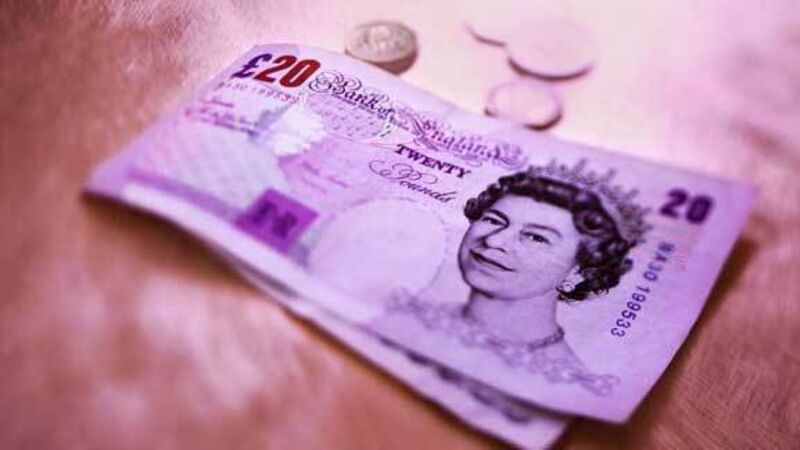Sterling plunge after Brexit announcement ratchets up pain for Irish firms

And major surveys of Irish and UK published yesterday also showed the diverging paths of their manufacturing firms following the plunge in the value of sterling since the Brexit vote on June 23.
The Investec Ireland Purchasing Managers Index showed Irish manufacturing growth was almost at a standstill in September.
















